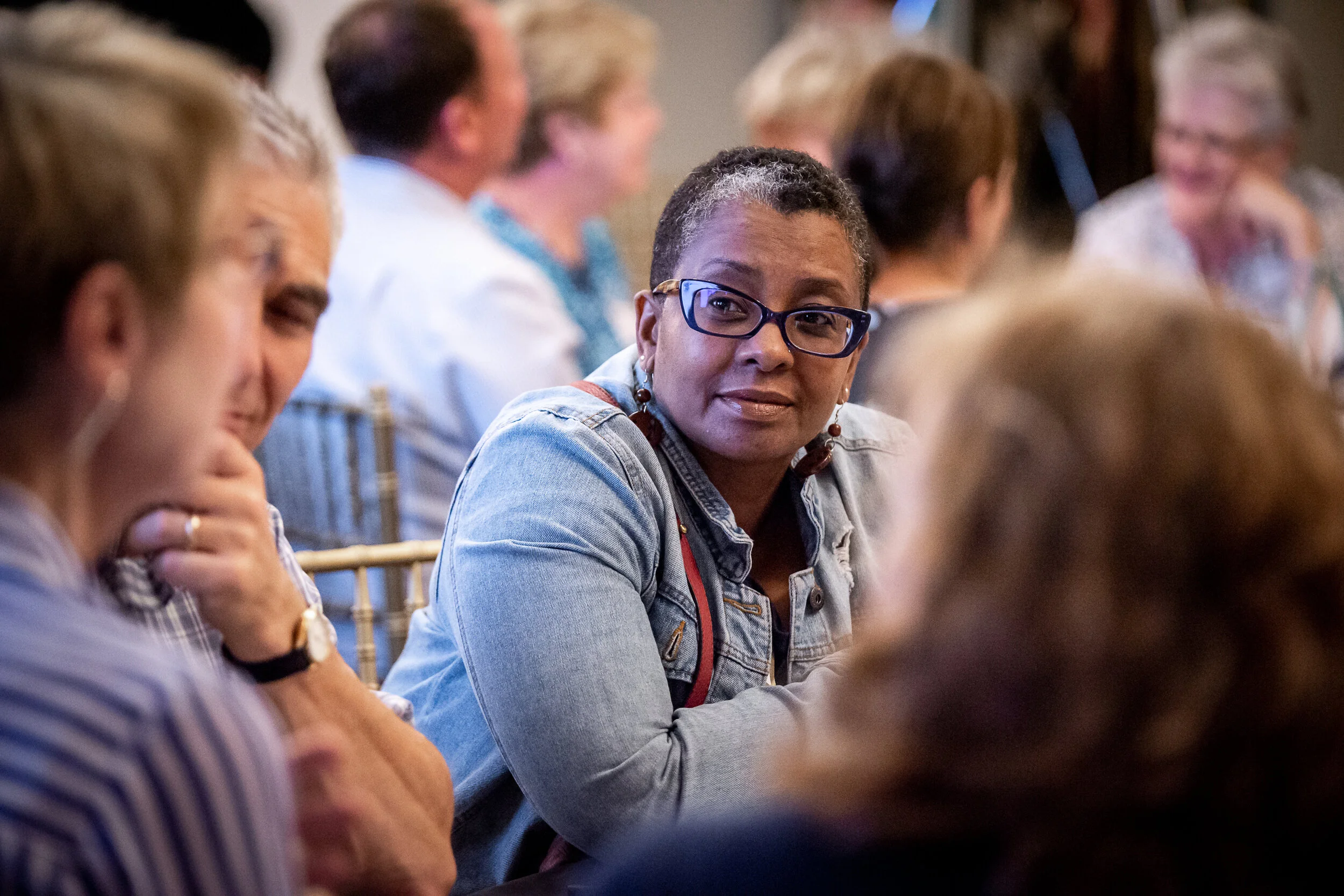BY STEPHANIE J. GATES, FELLOW
Author’s Note: I originally penned this piece to my great nephew as a reflection on what it was like to love him — a Black boy in a country that does not love him back. A country that sees him as a threat. Stacey’s comments about her sons at our last session took me back to this piece to try and make sense out of what doesn’t make sense. I write this so that others might understand the challenges of loving Black boys and men. I write this for the Black men and boys in my life. I love you because not loving you is not an option.
____
Dear Nephew,
Then: Your saucer-shaped, deep brown eyes look innocently from underneath long lashes as though you are not capable of any wrongdoing. A big smile creases your face as your cinnamon brown hands reach up and grab me around the neck as you plant a wet, slimy kiss on my cheek. But before your arms come down, those innocent eyes become devilish and you tickle my neck.
I looked at you then and I was afraid and I’m afraid now because I know the world does not love you like I do. So, I am fractured in how I deal with you. On the one hand, I want you to follow the words of the U. S. Army and be all that you can be. I want you to grab life by the proverbial horns and ride it as I cheer you on from the sidelines. And I do! But I must also teach you the ways of the world that you were born into.
In his 1963 essay, ”My Dungeon Shook: Letter to My Nephew on the One Hundredth Anniversary of the Emancipation Proclamation” James Baldwin said, “You were born into a society which spelled out with brutal clarity, and in as many ways as possible, that you were a worthless human being.” And here we are 50 years later, and the essay is just as relevant today.
Now: You’re 16 almost 17 now. And I look into your face I worry about what the future holds for you. I wonder if your bigger-than-life personality will take you places or hold you back. You know that you are loved, but I don’t know how to tell you that many in the world will not love you back. Should I tell you like Baldwin told his nephew that the best that you can hope for is acceptance? Is that enough?
We have sheltered and protected you, and I wonder if we have done a disservice to you as a Black male in America? You know that you are special, but what happens when you are outside the circle of our influence? When I try to explain to you about being stopped by the police for no other reason than Breathing While Black you tell me that you will never be spread eagle across a police car. It’s hard for me to get you to understand that this is probably an unfortunate right-of-passage for you. And there is a part of me that applauds the fact that this is not how you see yourself, but it’s not enough. So, I take you to see documentaries like The Central Park Five so that you know what’s real in the world you live in.
You are forever asking me to drop you off somewhere so that you can ride public transportation, and I keep telling you, no. You resent that we pick you up and drop you off. You accuse us of treating you like a baby because you think you are invincible to the dangers lurking in the world. It’s hard for me to explain to you that because of the world that you live in, the enemy will many times be someone who looks like you. Yes, I can talk to you about Emmett Till, and Trayvon Martin, but I must also talk to you about Darion Alberts.
You are one more in a long line of Black males that I love, and what I’ve learned is that to love you—a Black male in America—is to love you with rubber-band like tension taut across my heart. I have to love you with trepidation. I have to love you in a schizophrenic kind of way—pull you close, push you away. I have to love you and let you go so that you’ll grow. It is your growth that is frighteningly beautiful because it is both a necessity and a threat to your survival. But to love you and all other Black males in America is to embrace the fear and beauty that surrounds you.
Love you to Life!
TTSteph
____
Stephanie J. Gates is a Fellow of A Year of Courageous Conversations to explore how to foster greater inclusion and belonging in our communities. The series is presented by Urban Consulate at Barrington’s White House in Barrington, Illinois. To read more, visit CourageousConversations.us.
(Photo Credit: Linda M. Barrett)

